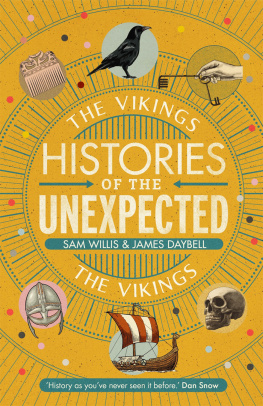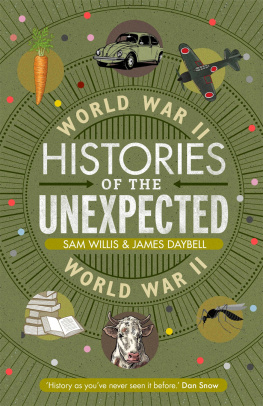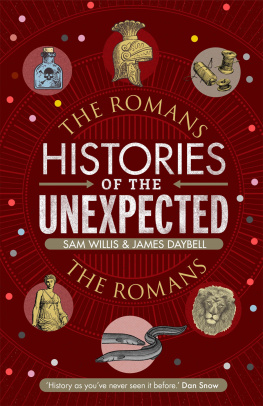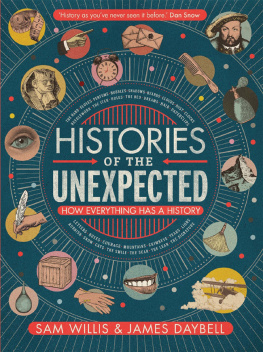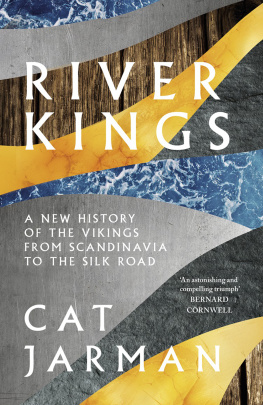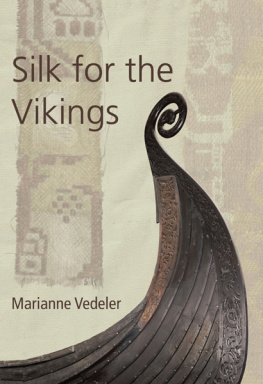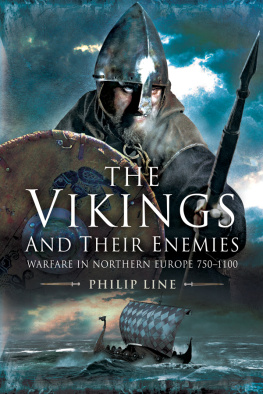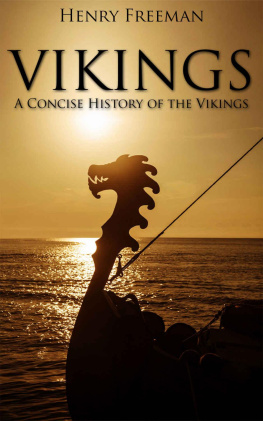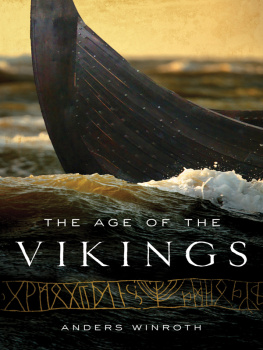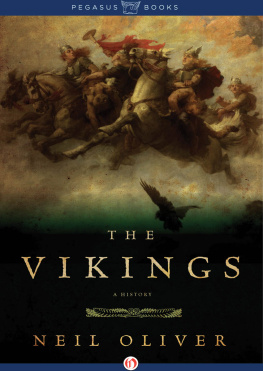Contents
Guide

By the same authors
Histories of the Unexpected
In the same series
Histories of the Unexpected: The Tudors
Histories of the Unexpected: World War II
Histories of the Unexpected: The Romans

First published in Great Britain in 2019 by Atlantic Books,
an imprint of Atlantic Books Ltd.
Copyright Sam Willis and James Daybell, 2019
The moral right of Sam Willis and James Daybell to be identified as the authors of this work has been asserted by them in accordance with the
Copyright, Designs and Patents Act of 1988.
All rights reserved. No part of this publication may be reproduced, stored in a retrieval system, or transmitted in any form or by any means, electronic, mechanical, photocopying, recording, or otherwise, without the prior permission of both the copyright owner and the above publisher of this book.
1 2 3 4 5 6 7 8 9
A CIP catalogue record for this book is available from the British Library.
Hardback ISBN: 978-1-78649-771-0
E-book ISBN: 978-1-78649-772-7
Printed in Great Britain
Atlantic Books
An Imprint of Atlantic Books Ltd
Ormond House
2627 Boswell Street
London
WC1N 3JZ
www.atlantic-books.co.uk
For
CONTENTS

A PERSONAL NOTE
At Histories of the Unexpected, we believe that everything has a history even the most unexpected of subjects and that everything links together in unexpected ways.
We believe that the itch, crawling, clouds, lightning, zombies and zebras and holes and perfume and rubbish and mustard each has a fascinating history of its own.
In this book we take this approach into the Viking world. You will find out how the history of graffiti is all to do with Viking travel; how the history of teeth is connected to Viking identity; and how the history of doors is all about the Viking dead.
To explore and enjoy subjects in this way will change not only how you think about the past, but also the present. It is enormously rewarding, and we encourage you all to join in! Find us online at www.historiesoftheunexpected.com and on Twitter @UnexpectedPod and do please get in touch.
ACKNOWLEDGEMENTS
All of our Histories of the Unexpected books are about sharing great research and new approaches to history. Our first acknowledgement, therefore, must go to all of those brilliant historians professional and amateur who are writing today and who are changing the way that we think about the past. You are all doing a fabulous job, and one which often goes unremarked and unrewarded. Thank you for your time, effort, energy and insight. We could not have written this book without you.
Since this book is intended for a wide and general audience, we have chosen not to publish with extensive footnotes. We acknowledge our indebtedness to fellow historians in the Selected Further Reading section at the end of the book, which is also intended as a spur to further research for our readers.
We would like to thank the many colleagues and friends who have generously offered ideas, guidance, support and sustenance, intellectual and otherwise: Anthony Caleshu, Lee Jane Giles, Dan Maudlin, Svante Norrhem, the Lord John Russell, Christopher Tyerman, Teva Vidal, Matthew Delvaux, Vibeke Bischoff, Line Bregni, Eva Thte, Mads Christien Christensen, Josefine Frank Bican, Morten Ravn; and among the twitterati, @HunterSJones, @RedLunaPixie, @KittNoir and @Kazza2014.
Collective thanks are also due to Dan Snow, Na Tapley, James Carson, Tom Clifford and the fabulous History Hit team for all their support and encouragement, as well as to Will Atkinson, James Nightingale, Kate Straker, Jamie Forrest and everyone at Atlantic Books.
We would also like to thank everyone (and there are hundreds of thousands of you) who has listened to the podcast or come to see one of our live events and been so charming and enthusiastic.
Most of all, however, we would like to thank our families, young and old, for everything they have done and continue to do, to cope with of all things a historian in their lives.
But we have created this book for you.
Sam and James
Isca Escanceaster Exeter
The Feast of St Benedict 8-Dh al-Qadah 1440 I.VII.MMXIX 11 July 2019
THE VIKINGS:
AN INTRODUCTION

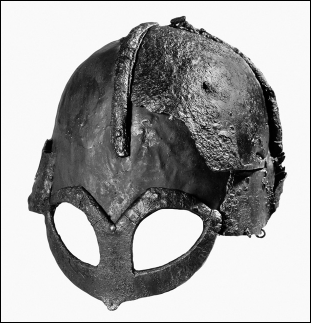
A Viking helm found in Gjermundbu, Norway, tenth century. It has been scarred from a sword blow and punctured by an arrow
WHO WERE THEY?
The term Viking has changed meaning over time. Originally it meant robbers and was used to describe coastal raiders, but more recently it has come to denote a people who lived in Scandinavia but who also spread out across the majority of northern Europe between c.700 and c.1400. It has even been used to name the entire chronological period in which this happened: the Viking Age.
It is not clear whether the word originated in Scandinavia, and it was not widely used at the time. It appears only four times before 1066 in the most comprehensive history of the period the Anglo-Saxon Chronicle and only in its native English forms of wcenga or wcinga. It was not used in other countries who suffered raids, where the Vikings religious beliefs led to them being dismissed as pagans or heathens. In Ireland they were the Gaill, simply meaning foreigners; elsewhere they were referred to by their geographical origin: Norsemen from the north, or Danes from the south.
Scandinavians thought of themselves as coming from particular regions, such as Jutland in the south or Hordaland in the west. In fact, some linguists argue that the word Viking originates from vk, the name for a wick or bay and is thought to refer to a very specific area of south-east Norway around the Oslo Fjord and inland coastal region.
Setting this complexity aside, these people spoke the same language Old Norse and they shared many aspects of a vibrant, complex and common culture. What we can say, therefore, is that the Vikings were a unique and distinctive people who originated in Scandinavia but who sent out men and women far beyond its boundaries to violently rob, extort and conquer, but also to peacefully trade, settle and farm.
Vikings were far more than violent marauders. They were warriors, sailors, inventors, mystics, merchants, farmers, fishermen, explorers, ambassadors, diplomats, craftsmen, musicians, poets, wives, mothers, husbands, fathers and children. They changed the world that they lived in, and they shaped the world as we know it today.

